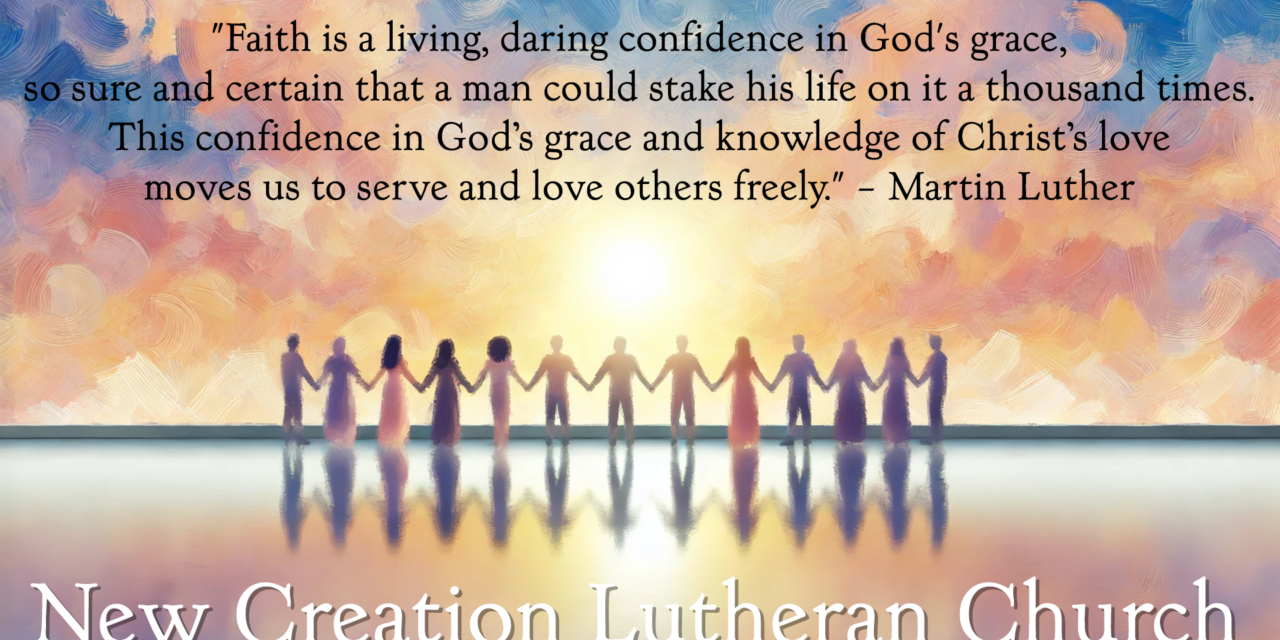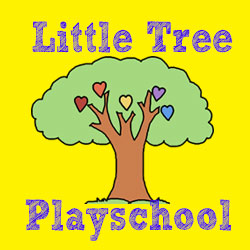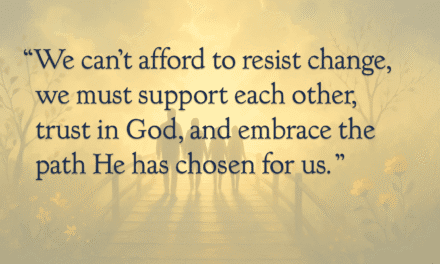As I sit down to write today, the weight of yesterday’s election still hangs heavy. For many in our community, the results may feel like a betrayal, and the rise of Christian nationalism continues to be an especially painful issue to grapple with. I feel your hurt, and I feel the tension between faith and the political realities we face. As people of faith, we must now wrestle with how to process these results, address the divisions they have revealed, and discern how to move forward in the light of Christ’s teachings.
Christian nationalism, as so powerfully noted by Amanda Tyler, fuses an exclusive and often distorted sense of national identity with Christian faith. This ideology, which seeks to define “true Americans” as those who align with a narrow set of beliefs, conflicts directly with the inclusive, boundary-breaking love of Jesus. Our Savior did not come to establish political dominion; He came to heal, to uplift the marginalized, and to show radical love. We are called to be His hands and feet, modeling peace, not power.
This is a moment of grieving, but grief can be a holy response. We are allowed to take a step back, to rest, and to acknowledge the hurt. “Start where you are,” as Arthur Ashe’s words remind us. If that place is one of anger, sadness, or exhaustion, let’s honor that, holding space for one another in this pain. But let’s not allow that pain to isolate us or drive us to despair. Jesus did not shy away from difficult times or hard truths. Rather, He used them as opportunities to bring light, hope, and healing.
Yet as we process the emotions stirred by this election, it’s important to also acknowledge that among us are those who feel joy and hope with the results. Some in our community may see in these outcomes a step forward for values they hold dear. These friends, siblings in Christ, are as much a part of our church family as those who feel disheartened. We are called to love each other and walk this journey together, not in resentment or division, but with a focus on our shared beliefs and the common ground that binds us.
Christ’s teachings on compassion, humility, and grace remind us that our strength lies in our unity. Even with differing perspectives, we share a commitment to loving our neighbors, serving those in need, and honoring God’s creation. Let’s resist the pull toward division, recognizing that our diversity of thought can deepen our community and enrich our shared faith. In a world that often seeks to divide, we have an opportunity to model something radical—a church that embraces all, listens deeply, and values each member’s voice.
So, where do we go from here? First, we remind ourselves of our call. Jesus was clear about the kind of life His followers should lead: lives marked by mercy, justice, and compassion. We are not here to win political battles or wield influence over others but to serve and lift up those who have been pushed to the margins. Let us use what we have—our love, our resources, our voices—to support each other and build a community that reflects God’s inclusive love.
Moving forward, let us remember that our actions today are about planting seeds for a tomorrow we may not yet see. When we work for justice, we may not see the immediate outcome, but like Ruth Bader Ginsberg’s dissents, our work now has the power to inspire future change. It is a long journey, this path of justice and peace. But we walk it with courage, just as countless others have done before us, choosing love over despair and believing in a more inclusive and compassionate world.
Our Christian witness is not found in aligning ourselves with worldly power but in following Jesus’ example of humility and service. Together, we can create a church—and a society—that sees every individual as beloved by God, a place where love is stronger than fear, and justice prevails over exclusion. By focusing on our commonalities and the friendship we have in God, we can continue to be a place of welcome, healing, and hope, showing the world what it means to love one another as Christ loves us.
In peace and unity,
An NCLC Member








 Our Latest Updates on
Our Latest Updates on
